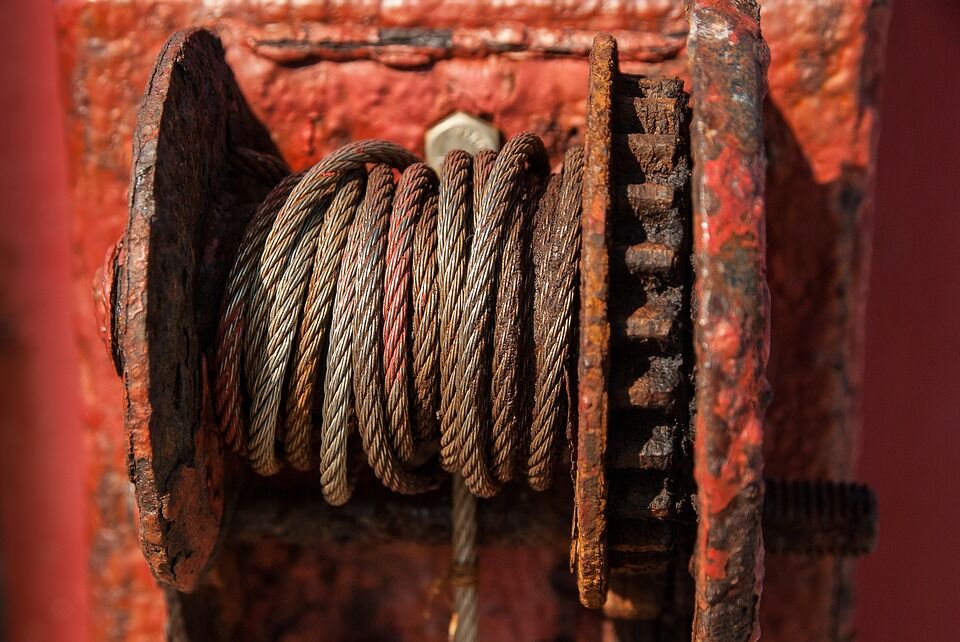A winch is a must-have tool for off-road enthusiasts as it’s your lifesaver when things are out of control. However, understanding how to use this powerful equipment properly can save you from tons of headaches. Furthermore, knowing the most common winch failures is beneficial as you can brace yourself of the worst and see the remedy before hitting rock bottom.
Winches are strategically designed to provide exceptional power to pull heavyweight vehicles without a doubt. However, these tools are known to be vulnerable and susceptible to damages which people may not be aware of.
One vital factor you have to remember before purchasing a winch is determining which tool is compatible with your vehicle. Finding the recommended truck winch suitable for specific use and truck compatibility is vital. Looking for a comprehensive buying guide for a truck winch is equally essential to avoid the following winch failures most people encounter.
Equip yourself with the right knowledge when choosing the right winch for your vehicle to achieve optimum performance and quality. It will help you survive uncertain scenarios, especially when you’re off the road, conquering terrain like a pro.
Typical Winch Failures And How To Avoid Them
Regardless of which truck winch, you’re planning to purchase or may have bought, it’s vital to know the typical failures you may encounter over time. It will save you time, effort, and money by knowing these to find the best solutions and troubleshooting in case you came first-hand while off-road.
- Electroconductive shavings penetrate motors when the synthetic wires wear out.
The electroconductive shavings into your synthetic wires can penetrate through its electric motor gap between its rotating drum flange and its cheeks where your motor is secured. It can cause short circuits through its brush and the winding.
The risk of burning the engine is present. Therefore, it’s vital to check that your cable is turning when winding to ensure that it doesn’t lie closer to the drum’s left cheek. Having spare solenoids is required.
At times, the motor will stop functioning because it overheats, or one solenoid fails. Changing the whole block is recommended instead of searching which one has failed.
- Contractors, when exposed to debris or mud get’s damage.
One of the main reasons most winch contractors fail is the accumulated debris or mud from many off-road explorations. A small size black box is your tool’s contractor, which functions as a relay switch to control the power sent to your winch.
- Ropes don’t wind up without using a force.
Spooling the wire back is another typical failure; you have to brace yourself. At the same time, some cables won’t cooperate and wind up conveniently as expected. One key solution to this is that you haven’t experienced spooling problems yet is to check for a lightweight rope (synthetic). Synthetic ropes wind up quickly.
- The engine stops working, or the remote control stops functioning.
In case your winch stops working, you need to check if the remote is functioning. It’s a frequent issue for most winch users. You can always check with the manufacturer for the replacement of faulty parts or its warranty coverage.
Winch engines can stop functioning for a few reasons, including dirt or grime build-up into the winch motor casing. There are different ways to troubleshoot this issue; checking up if it’s possible to free up its motor gears, check ground contact, and clean the winch.
- Frayed rope can lead to cable snapped.
Your rope may fray with frequent use regardless of what type it can be; synthetic or steel ropes. A frayed cable can spool close to its casing. With the constant rubbing from the metal framework, it can be one reason why the cord can be snapped.
- The pulling force changes over time.
Several factors affect the winch’s pulling capacity. These include battery issues, unattached electrical grounding with motor housing, overheat the motor, or wrong engine installation.
Furthermore, finding the cause can help you work with actions and solutions, including cleaning wire terminals and battery, recharging the battery, and part replacements.
Conclusion
With knowledge about typical issues associated with winches, you can quickly deal with any emergency issues off-road effectively and fast. That way, you can take full advantage of the tons of benefits you can get with this powerful tool suitable for outdoor and off-road adventures.

